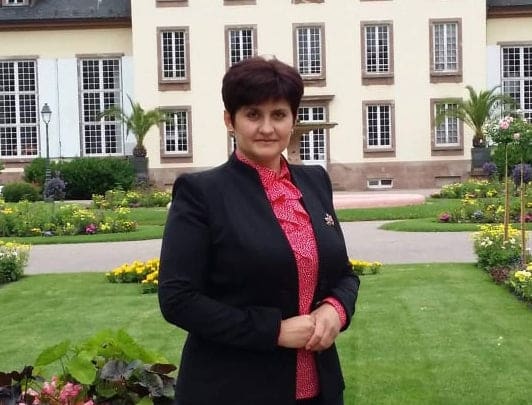It’s almost cliché to say that a whistleblower protection law is among the most-ignored pieces of legislation in the world. Most public agencies do not have the knowledge, experience or political will to put these policies into practice.
But when Moldova passed its first whistleblower law in 2018, officials bucked this trend by putting their new powers into action. In fact, they wasted no time fighting for the rights of citizens.
Working out of modest offices amid the cluster of government buildings along Stefan cel Mare Boulevard in downtown Chișinău, agency staffers have become among the most effective citizens’ rights advocates in Europe. In the two years since Moldova’s law took effect, dozens of people have contacted public agencies for advice and support. Most calls have gone to the Ombudsman’s Office and the National Anti-Corruption Center.
Since 2019, 11 employees have asked the Ombudsman for whistleblower status and protection from retaliation. In each of these cases, the agency has opened formal investigations and intervened strongly on the employees’ behalf.
The first win came earlier this year. An employee began suffering intimidation and unfair treatment after reporting concerns to managers. The employee sought assistance from the Ombudsman, which wrote a strong letter to the organization to stop the retaliation. Managers “realized the mistake” and stopped the reprisals, said Ada Șimon, head of the Ombudsman’s Complaints Management and Investigation Department.
The Ombudsman scored a temporary victory when a whistleblower won a case at a lower court and an appeals court. When the long-time employee was harshly disciplined a few days after reporting misconduct to managers, Ombudsman staffers submitted to the courts an in-depth report documenting the blatant retaliation. Judges agreed the employee should be reinstated, though they did not base their rulings on the whistleblower law itself.
Seemingly over, the case took a surprising turn this past August when Moldova’s Supreme Court of Justice overturned the appeals court’s decision and permitted the organization to proceed with dismissing the employee. Judges did not consider the Ombudsman’s dossier that convincingly showed retaliation. Disappointed with the outcome, the Ombudsman is strategizing ways to have the court’s ruling reviewed.
In six other cases, reinstating employees has been “a difficult and long process,” says Șimon. Agency staffers have sent letters to employers demanding whistleblowers be reinstated immediately. But because the Ombudsman only can recommend reinstatement – and not issue binding orders – employers can ignore the agency’s letters, which occurred in five of these cases. The agency is supporting the five employees in their court cases, and in one case it is waiting for an employer’s response.
In other cases:
- a court reinstated a whistleblower without the Ombudsman’s intervention;
- no direct retaliation was found but an employee was put under pressure by a manager;
- Ombudsman staff advised the manager on how to resolve the problem;
no causal link was found between a disclosure and an action taken against an employee; and - a disclosure was not considered an “integrity warning” under the whistleblower law, so the employee filed a labor law case in court.
Given most countries’ poor record on defending their own citizens in whistleblower cases, the initiative taken by Moldova is a victory in its own right. Moldovan officials are continuing to hone their skills in identifying retaliation, pressuring employers to reinstate victimized employees, and representing the interests of whistleblowers in court – even at the highest levels of the judiciary.
